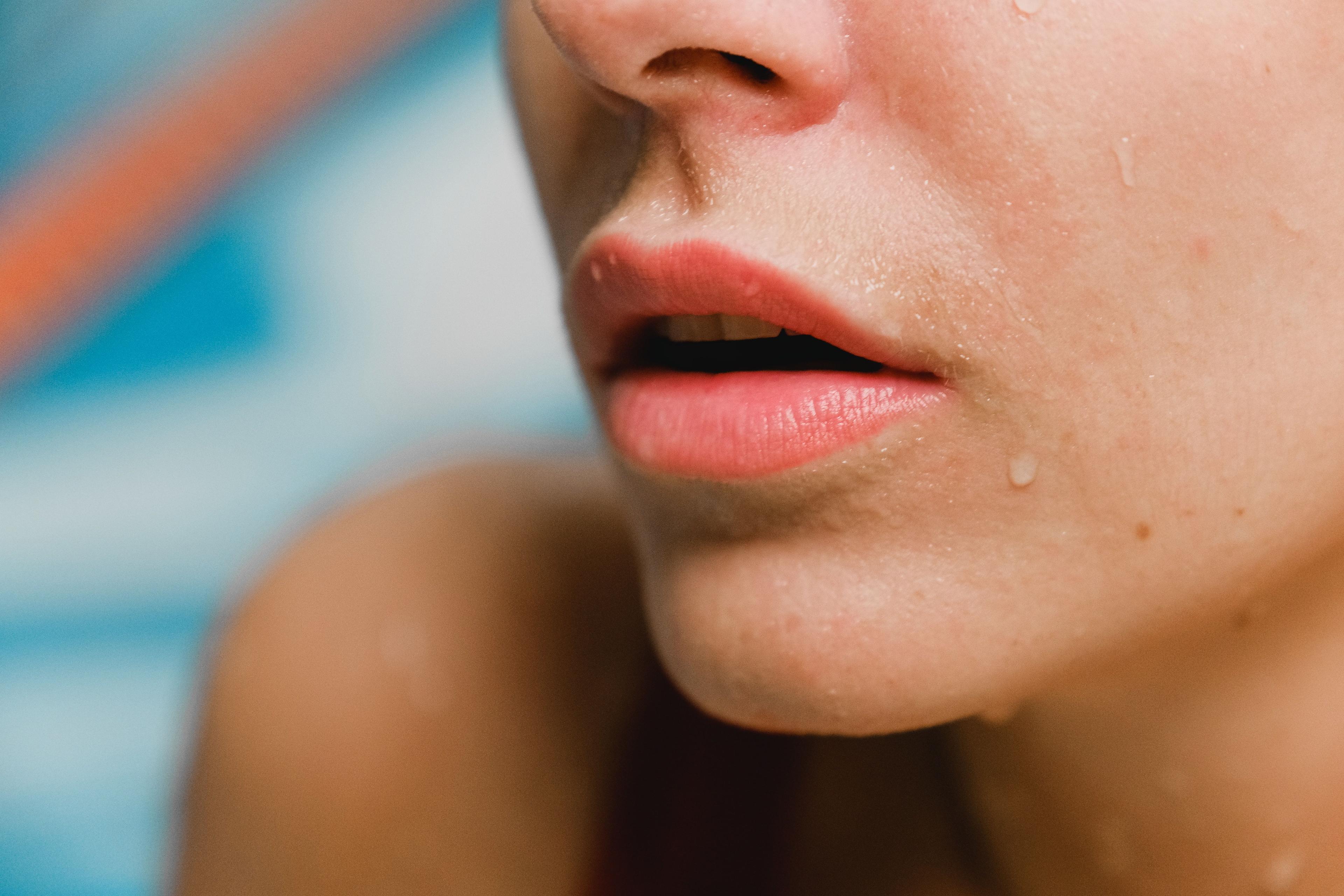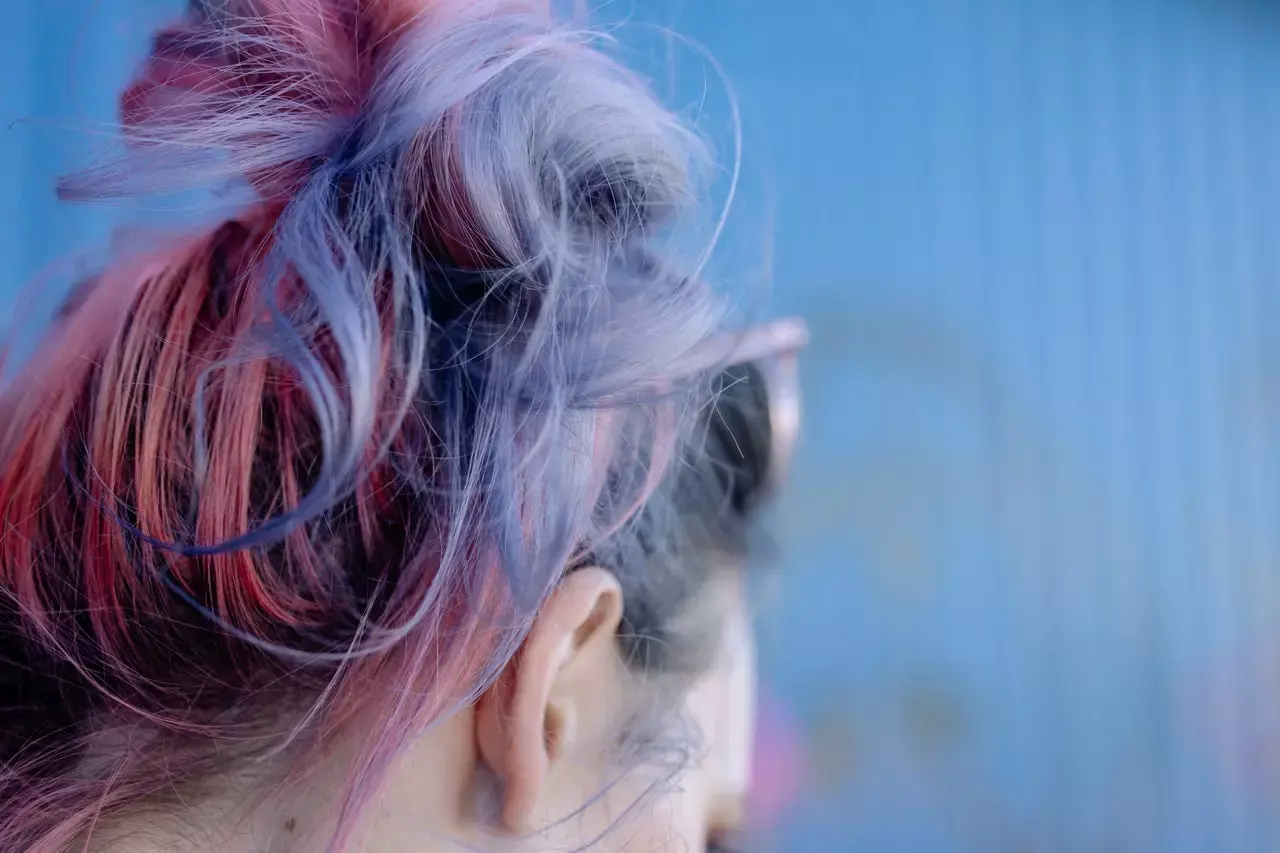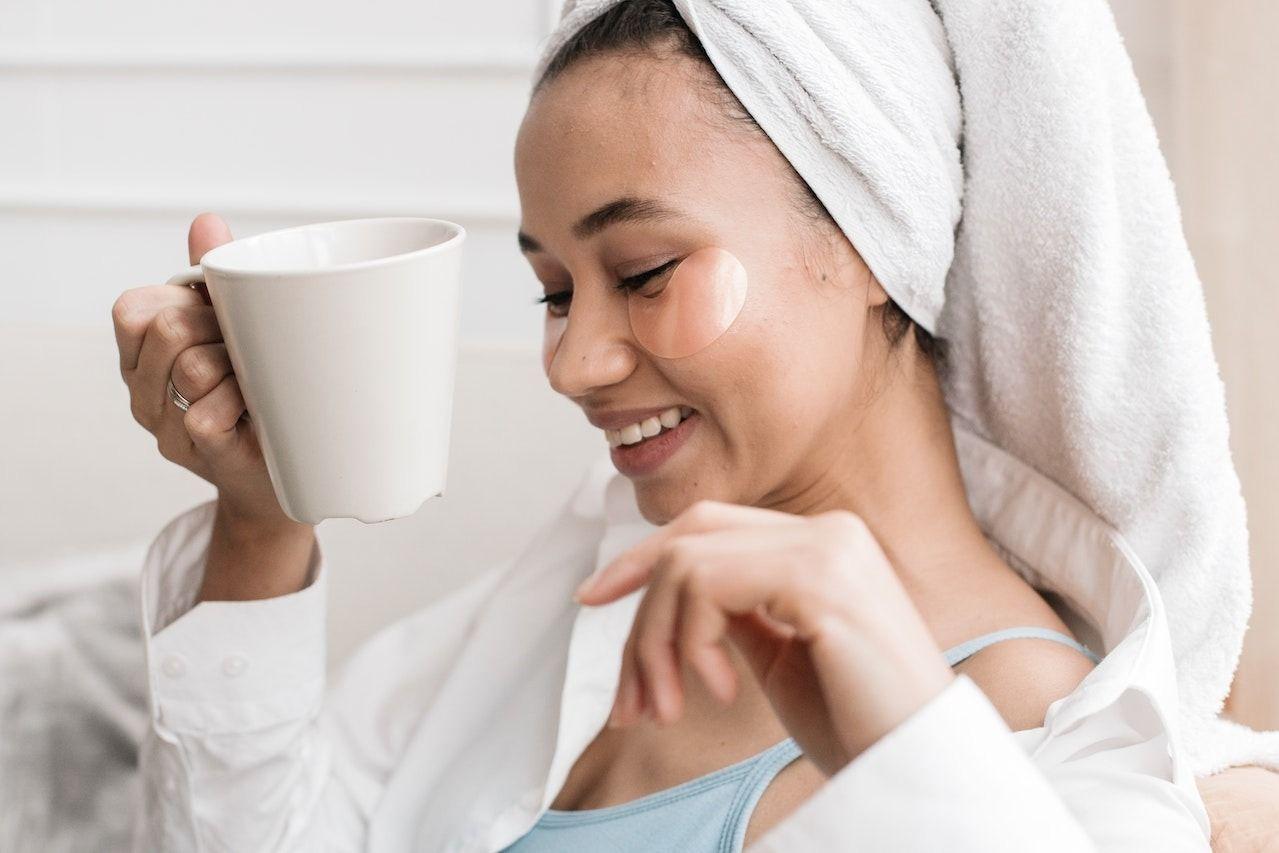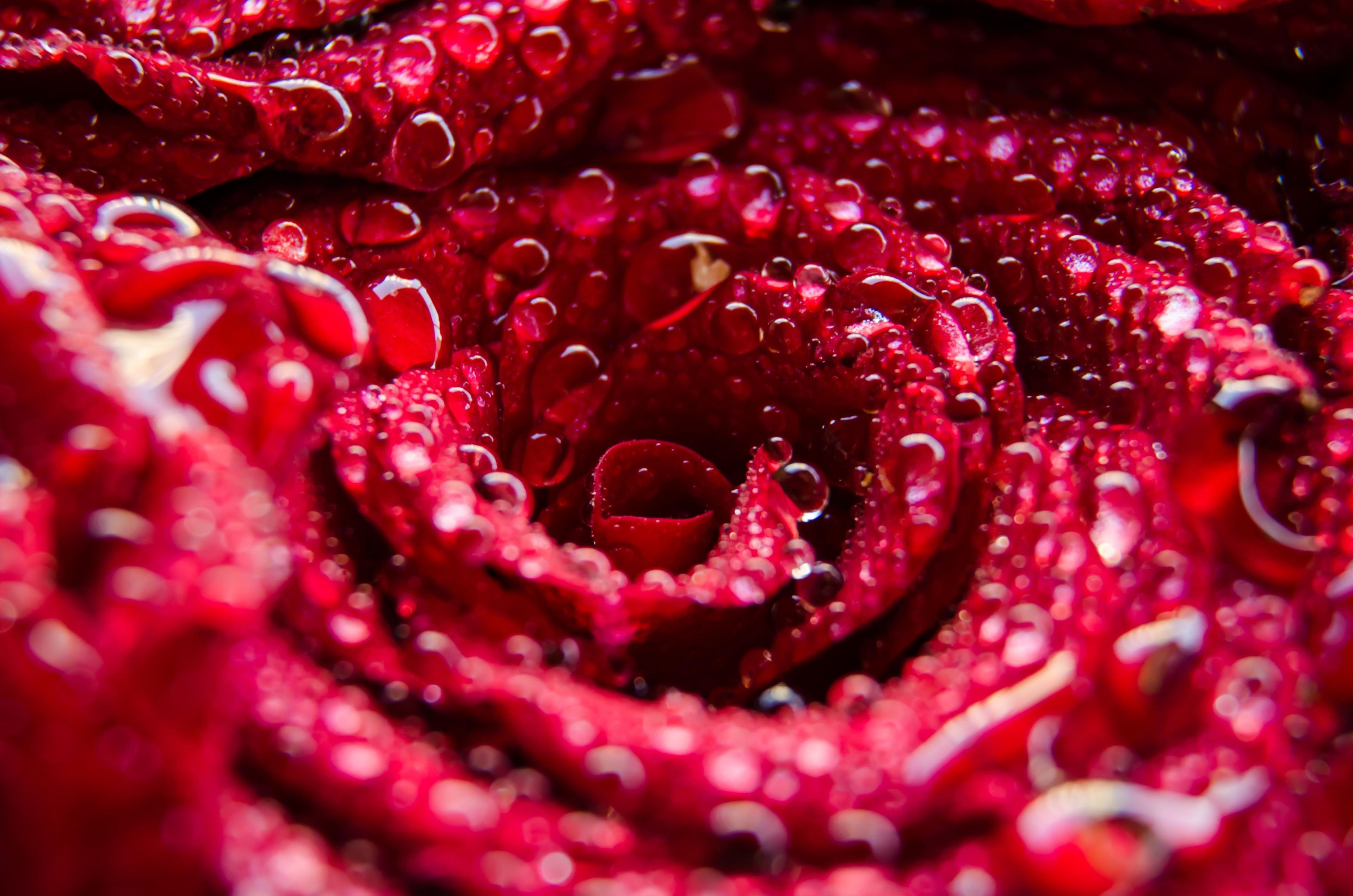TOP-5 most effective anti-age cosmetics ingredients
Thanks to the modern cosmetics industry and advanced technology, we can slow down the ageing process of the skin. All cosmetologists and dermatologists agree with the fact that it is worth paying more attention, not to the packaging or the manufacturer, but the composition when buying anti-age products. If the product includes components such as retinol, hyaluronic acid, Dimethylethanolamine, collagen or peptides, it is a quality remedy against age-related changes. Let’s take a closer look at each ingredient.
Hyaluronic acid
One molecule of HA, like a unique sponge, holds up to 1000 molecules of water. Since the age of 25, the amount of hyaluronic acid in the body has been significantly reduced. Scientists have derived the ideal percentage of moisture at all skin levels: 80% in the dermis, 65-70% in the epidermis and 13% in the stratum corneum. Subsequently, these proportions are broken. It is almost impossible to replenish HA from the outside because the weight of the acid molecules is huge, and the penetration capacity is negligible. Until recently, all cosmetics based on HA only created a film on the skin that held moisture from the air and sweat. However, progress is not in place. The new generation works on the principle of multi-level moisturizing. The matter is a combination of two forms of HA – all known high molecular weight and different low molecular weight. The low weight allows it to penetrate the deep layers of the skin, not only activating the natural synthesis of its HA but also enhancing the protective functions of the skin.
Peptides
They are simple proteins made up of several amino acids. They, in every way, contribute to the rapid relaxation of the muscles, which in turn helps to reduce the existing mimic wrinkles and prevent the appearance of new ones. And they help to stimulate the production of skin’s collagen and elastin – these are the components responsible for the absence of wrinkles and skin tightness. Therefore, peptides are used mainly in anti-ageing cosmetics.
For the production of cosmetics, over 60 different peptides, which have different properties, are used. For example, the Diffuporine peptide has a hydrating effect: it enhances the synthesis of proteins involved in the transport of water and improves the hydration of the basal layer of the epidermis. The Argireline peptide has a botulinum-like effect – it relaxes mimic muscles, and the Alistin peptide protects the skin from external factors.
Importantly!
Peptide molecules are susceptible to pH. If the accompanying care products are acids or retinoids, the peptides lose their active properties and become useless.
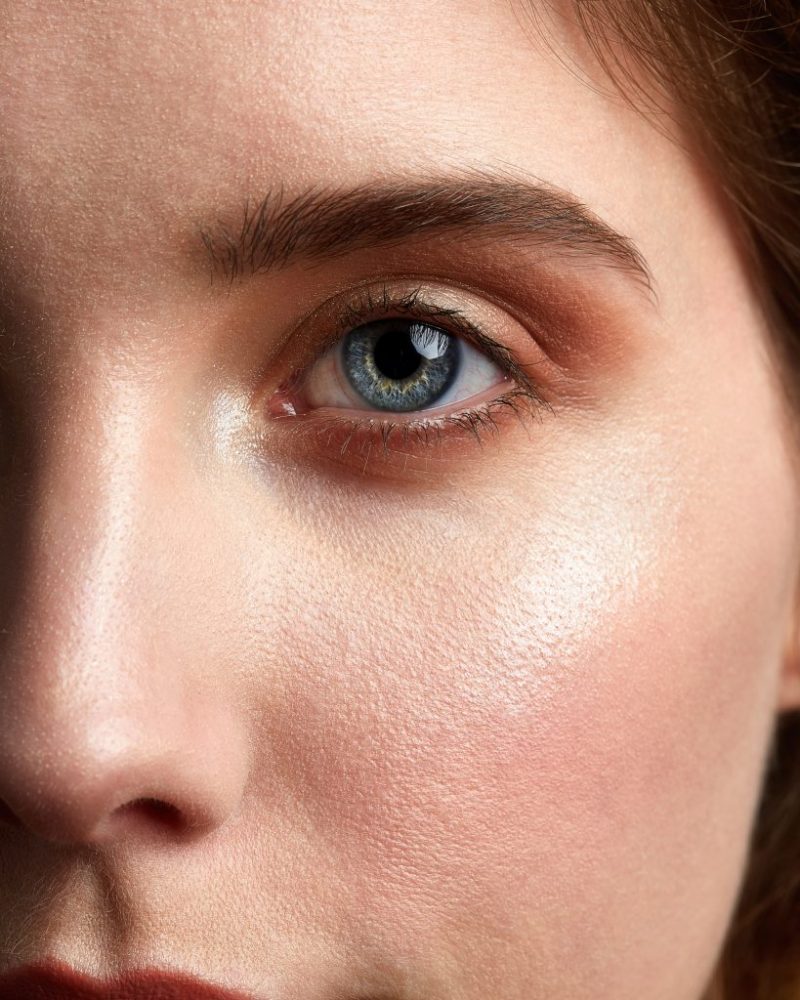
Dimethylethanolamine
Formerly Dimethylethanolamine was only used as a dietary supplement that improves physical and mental performance. People, taking them, noticed an unusual “side effect”: noticeable skin lifting, smoothing wrinkles and obscenely healthy complexion. It turned out that when it enters the body, Dimethylethanolamine turns into acetylcholine – a substance that establishes relationships between nerve cells. Increasing the rate of transmission of nerve impulses in the skin, Dimethylethanolamine inevitably leads to an increase in its tone. Another invaluable contribution is the removal of the toxic pigment from the ageing of lipofuscin from the body. As part of cosmetics, it initiates a process in which the body is deprived of weakened or damaged cells, giving way to a young and healthy. Nowadays, there is a synthetic analogue of Dimethylethanolamine – THPE, whose lifting effect is four times larger than its predecessor. Its action is directed at keratinocytes (cells of the superficial layer of the skin) and is highly selective and well-tolerated.
Collagen
It is an essential protein for the skin, responsible for its smoothness, firmness and moisture. With age, the synthesis of collagen in the body decreases (by about 1% per year), and the adverse effects of this do not make for long. After 30 years, collagen fibres lose their former elasticity, becoming coarser and thicker. All this leads to the appearance of wrinkles and loss of skin tone.
The properties of collagen molecules are similar to those of hyaluronic acid: they are able to attract moisture 30 times their weight. Collagen forms a thin protective film on the skin surface that does not allow moisture to evaporate. When dry, the film tightens the skin, creating a noticeable lifting effect. And finally, collagen has a powerful regenerating effect, which can often be found in healing ointments and balms.
Retinol
It is probably by far the most potent anti-age component of cosmetics with proven effectiveness. But not all its forms make such an effect. Retinyl palmitate and retinaldehyde are considered to be the least effective. They have no significant effect on wrinkles and work faster on prevention.
The most effective forms are retinol and, most potent, tretinoin. Getting acquainted with it is best to start with a retinol at the lowest possible concentration, usually 0.5%. When the skin gets used, you can proceed to higher concentrations.
It should be remembered that retinoids are not only our friends but also substantial potential irritants, so it is necessary to follow all recommendations for the use of cosmetics with retinoids or to bring them into the care under the control of a dermatologist or cosmetologist.
